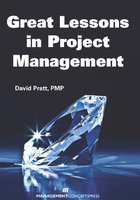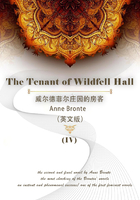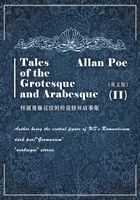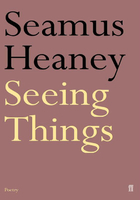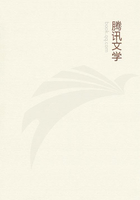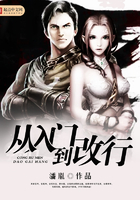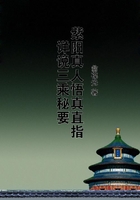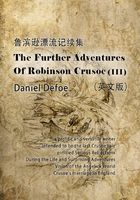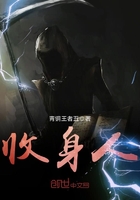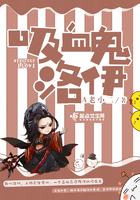Five of the pieces included here began as lectures. I say 'began', since over a quarter of a century they have evolved in a curious way which may be worth describing. When you get down to it, what an audience wants to hear from a novelist is how he writes. Since how he writes is in intimate association with what he is and how he lives the novelist finds himself in danger of being his own raw material. If he tries to veer away he is informed politely—or it is discreetly suggested—that other areas are the preserve of specialists and that he had better stick to his own. Readers will remember how Mr Pickwick, a man capable of largeness of mind, made the mistake of veering from his own subject—the Origin of the Hampstead Ponds—to the allied but specialized Theory of Tittlebats and how that roused the scholarly wrath of Mr Blotton who knew tittlebats from A to Z. This is what—they suggest—might happen to the novelist if he strays. This is humiliating to anyone who feels that he might have more than one area of expertise, as it might be a corner of numismatics, music for the crumhorn or the life of St Barnabas of Cappadoccia. Or am I more than usually uninformed, and reporting on an experience uniquely my own? For when I am invited to lecture, after the first approach—'anything you like'—there is always the follow-up—'what our members, brothers, sisters, contributors, alumni, students, would really like is to have you talk about your own work.' I have always tried to resist this and have always given way in the end so that at last I find myself talking about myself with the grossest liberality. This leads to nothing but self-disgust. That disgust is partly responsible for the wide gaps of time that have separated, differentiated and altered these lectures. The earliest ones I gave were purely and simply to make money and free myself from the business of teaching, which I did not like. I took a load of typescript round American campuses, gave the same lecture time after time and ended by knowing it by heart like a part in a play. I could stand aside from myself on the podium and watch myself wooing the audience, being at once shamelessly timid and modestly boastful. I found myself dislikeable and concentrated on the thought of the money. Nevertheless, the lectures altered. Each audience received a very slightly modified version, and indeed, since my mass of typescript contained more than one lecture they tended to transfuse into each other. Years later, I found myself doing the same thing in Europe, not for money, but as a duty—trade follows the flag—and perhaps partly to find out whether in fact I did know anything, even about myself. What then is a lecture? Is it the last stage? Was there a happier conflation somewhere down the line? The question has been made more complex by the invention of cheap and portable tape-recorders. Since that day the lecturer's sins have followed him like furies. It was bad enough when—as once happened to me—a student had left a concealed tape-recorder running under the chair where I was talking off-the-record, as I thought. He did not bother even to listen as I spoke but turned up as I was leaving, reached under the chair and collected his loot. But a deadlier ploy is that of preserving the lecture with a view to comparing it with later versions. I have seen a member of my audience with a tape running and his earphone plugged in, nodding and smiling as he heard me repeat word for word what I had said somewhere else. It was disconcerting, to say the least. Indeed, I have seen two members of my audience prick up their ears and nod, smiling at each other because though they had no tape they remembered what was coming next.
For there are two sorts of lecture that deserve different names. There is that given by a scholar and teacher to his students. He will eschew—I think 'eschew' is the word—all flamboyance, all emotion, all dramatic shape. He will, as he lectures on tittlebats, hold in contempt anything but an austere eye kept on the business in hand. His not to woo; his only to inform. Then there is the other sort which is, to tell the truth, a show, a performance, a drama. The podium in this case is a stage, nothing but, with a one-man-show in progress. The root of the difference is confused. It is based perhaps in the temperament of the lecturer, his sense of what is fit, his intellectual approach both to aesthetics and ethics. I cannot help feeling, uneasily, that there is a shamelessness about the second sort. For my lectures have been performances, all rushed up out of that same mass of paper for an occasion. Truth is single, but so is an occasion!
If now I publish a version it is partly in the hope that to fix the form permanently will be cathartic and discharge me of this stuff at least; and if I ever lecture again I shall have to find new material or talk about someone else. On the other hand this may be my lot: in which case I have left the podium, or stage, for good.
A group of these articles consists of book reviews. Here too there has been not so much alteration as adjustment and addition to the previously published versions. Editors generally specify the number of words they require in a review; and I generally find that I have written about twice as many as he has space for. In this book I have restored some of the reviews to the length they were before I cut them to conform with editorial requirement. The article My First Book appeared as one of a series by writers in their specialist journal and perhaps this shows in a matter-of-fact approach.
Another group is composed of straight travel articles written for travel magazines. These remain as they were originally published. But the pair Egypt from my Inside and Egypt from my Outside stand apart from the others. The first was published in a travel magazine as a travel article without any travel. The second followed as a kind of meditation on an actual journey. They are a 'before and after'. The second one makes little sense without the first. So I hereby apologize to the rare book collector who has a copy of The Hot Gates, since he will now have paid twice for the same essay. But there was nothing else to be done, except perhaps include an explanation nearly as long as the first of the two essays.

